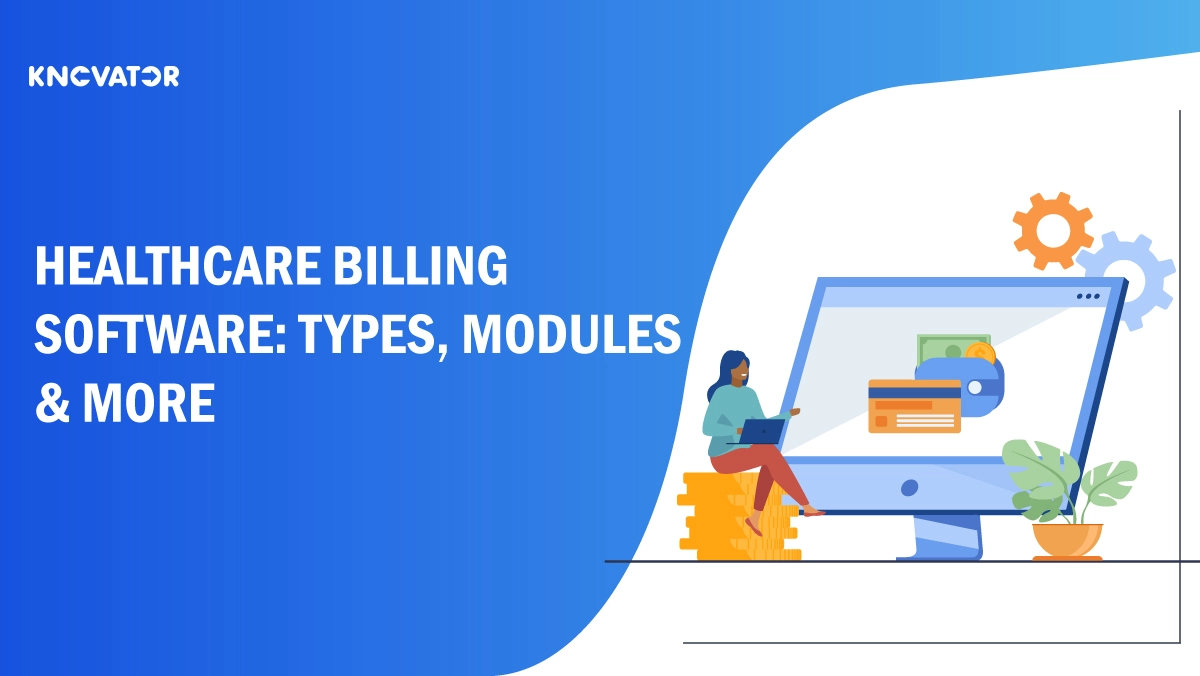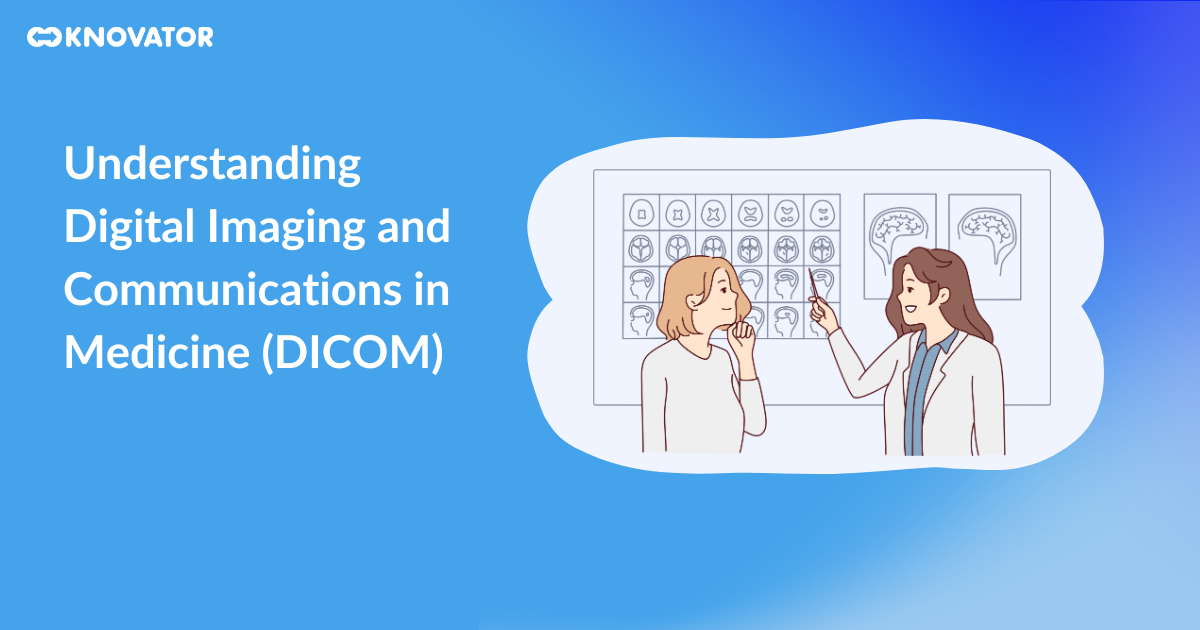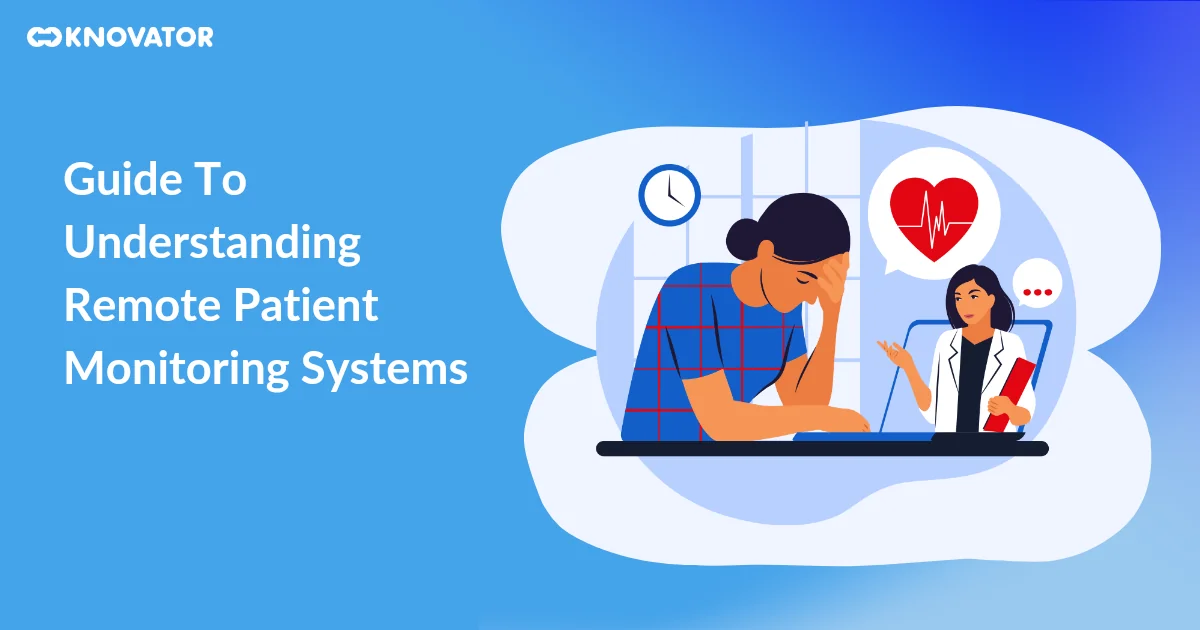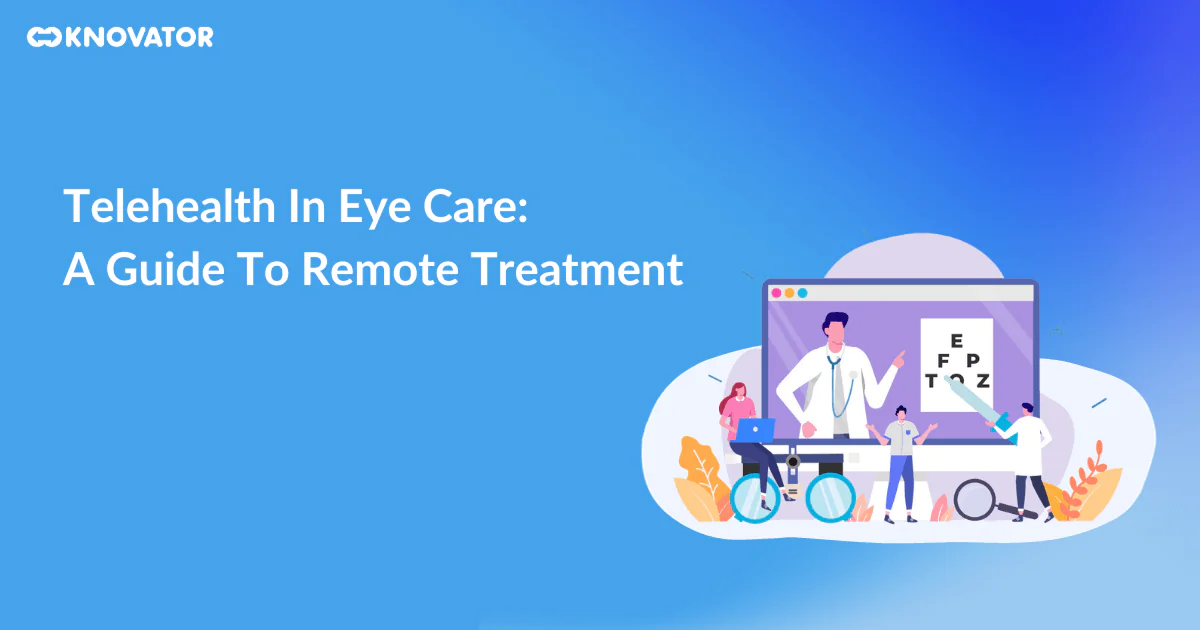Managing the billing process in the healthcare industry can be complex and time-consuming. With so many regulations and requirements to consider, it’s no wonder many healthcare providers need help to keep up with medical billing demands. Fortunately, technology has made this process easier and more efficient with the advent of healthcare billing software.
In this blog post, we’ll take a closer look at what healthcare billing software is and how it can benefit healthcare providers. We’ll explore the features of healthcare billing software, including automated coding and claim submissions, real-time reporting, and analytics. Additionally, we’ll discuss the benefits of using healthcare billing software, such as reducing billing errors, improving cash flow, and increasing productivity.
Whether you’re a healthcare provider looking to streamline your billing process or a healthcare IT professional interested in learning more about healthcare billing software, this post is for you. Let’s dive in!
What is Medical Coding?
 A patient visit to a doctor’s office, hospital, or other healthcare facility marks the start of the medical coding process. When a patient interaction occurs, doctors record the visit or treatment in the patient’s medical file and offer justification for any particular services, supplies, or procedures used. Clinical documentation that is complete and accurate throughout the patient encounter is essential for medical billing and coding.
A patient visit to a doctor’s office, hospital, or other healthcare facility marks the start of the medical coding process. When a patient interaction occurs, doctors record the visit or treatment in the patient’s medical file and offer justification for any particular services, supplies, or procedures used. Clinical documentation that is complete and accurate throughout the patient encounter is essential for medical billing and coding.
What is Healthcare billing software?
 Healthcare billing software is a type of software that is designed to manage the billing process in the healthcare industry. This software automates various tasks, such as coding, claim submissions, and billing-related reports, that are essential for healthcare providers to be reimbursed for their services. The healthcare industry is complex and highly regulated, making the billing process challenging for healthcare providers, and this is where healthcare billing software comes in.
Healthcare billing software is a type of software that is designed to manage the billing process in the healthcare industry. This software automates various tasks, such as coding, claim submissions, and billing-related reports, that are essential for healthcare providers to be reimbursed for their services. The healthcare industry is complex and highly regulated, making the billing process challenging for healthcare providers, and this is where healthcare billing software comes in.
There are many benefits to using healthcare billing software in the healthcare industry. One of the most significant advantages is that it can help reduce errors in the billing process. Manual billing processes are prone to errors, leading to significant financial losses for healthcare providers. Healthcare billing software automates many tasks, such as coding. It ensures that billing claims are submitted accurately and in a timely fashion, which reduces errors and helps healthcare providers receive reimbursement faster.
Another benefit of healthcare billing software is that it improves cash flow for healthcare providers. With an efficient billing process, healthcare providers can get paid faster, which is especially important for small practices or those with cash flow constraints. Healthcare billing software can also provide real-time analytics and reporting, which can help healthcare providers to identify trends and gain insights into the revenue cycle, which can help them to make data-driven decisions about their billing process.
Moreover, healthcare billing software is an essential tool for the healthcare industry. It can help to reduce errors, improve cash flow, and provide valuable insights into the billing process, which can help healthcare providers to improve their revenue cycle management. With the increasing complexity of the healthcare industry, healthcare billing software will continue to grow. Healthcare providers will increasingly need to adopt this technology to stay competitive and improve their financial performance.
Evolution of future healthcare billing software
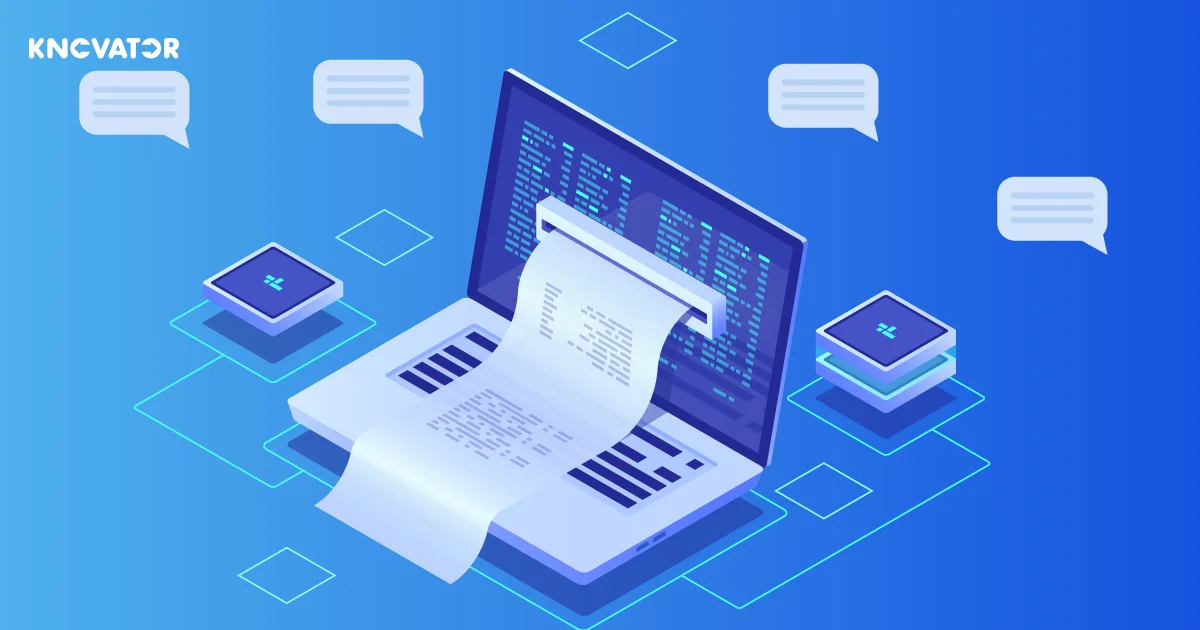 The healthcare industry is constantly evolving, and so is healthcare billing software. The future of healthcare billing software will revolutionize how providers process and manage to bill. Technological advancements are making it possible to automate many billing processes, saving time and improving accuracy.
The healthcare industry is constantly evolving, and so is healthcare billing software. The future of healthcare billing software will revolutionize how providers process and manage to bill. Technological advancements are making it possible to automate many billing processes, saving time and improving accuracy.
Here are some key predictions for the future of healthcare billing software:
Increased Automation: With the increasing use of artificial intelligence (AI) and machine learning (ML), healthcare billing software will become more automated, enabling providers to reduce the time and cost of billing.
Personalization: The future of healthcare billing software will be more personalized, allowing healthcare providers to tailor billing options to individual patients, including payment plans and billing schedules.
Integration: Healthcare billing software will be integrated with other software applications, such as electronic health records (EHR), allowing providers to have a more holistic view of patient care and financial data.
Mobile Access: As more and more people access healthcare services through mobile devices, healthcare billing software will become more mobile-friendly, enabling patients to pay bills and view their accounts from their smartphones.
Advanced Analytics: The future of healthcare billing software will involve using advanced analytics to identify trends and patterns in billing data, providing insights that can help providers make informed decisions.
Enhanced Security: As cyber threats continue to grow, healthcare billing software will be designed with enhanced security features to protect sensitive patient information.
Improved Patient Experience: With the advancements in healthcare billing software, patients can expect a better experience, including more personalized billing options, faster billing processes, and greater transparency in the billing process.
Benefits of Healthcare billing software
 Healthcare billing software is a powerful tool that has the potential to revolutionize the way healthcare providers manage their revenue cycle. The software provides many benefits that can lead to better financial stability and improved patient care. Here are some of the benefits of healthcare billing software:
Healthcare billing software is a powerful tool that has the potential to revolutionize the way healthcare providers manage their revenue cycle. The software provides many benefits that can lead to better financial stability and improved patient care. Here are some of the benefits of healthcare billing software:
Reducing Billing Errors:
The healthcare industry is complex and highly regulated, making it prone to errors. Healthcare billing software automates various tasks, such as coding and claim submissions, which reduces errors and helps healthcare providers receive reimbursement faster. Healthcare billing software can help providers avoid revenue loss and maintain financial stability by reducing errors.
Improving Cash Flow:
With an efficient billing process, healthcare providers can get paid faster, which is especially important for small practices or those with cash flow constraints. Healthcare billing software can automate the billing process, reducing the time it takes to generate and submit claims and improving its accuracy. By improving cash flow, healthcare providers can ensure they have the necessary resources to provide quality patient care.
Real-time Reporting and Analytics:
Healthcare billing software can provide real-time analytics and reporting, which can help healthcare providers to identify trends and gain insights into the revenue cycle. Healthcare providers can make data-driven decisions about their billing process by accessing real-time data, such as identifying areas where they can improve billing performance.
Increased Productivity:
Healthcare billing software can automate various tasks, such as coding and claim submissions, which reduces the workload of healthcare providers. This automation helps healthcare providers focus on providing quality patient care rather than spending time on administrative tasks. By increasing productivity, healthcare providers can improve their revenue cycle management, which leads to better patient outcomes.
Improved Patient Experience:
Healthcare billing software can improve the patient experience by reducing the time it takes for claims to be processed and reimbursed. By streamlining the billing process, healthcare providers can ensure that patients receive accurate bills in a timely fashion, which can help to build trust and confidence with patients.
Key Modules of healthcare billing software
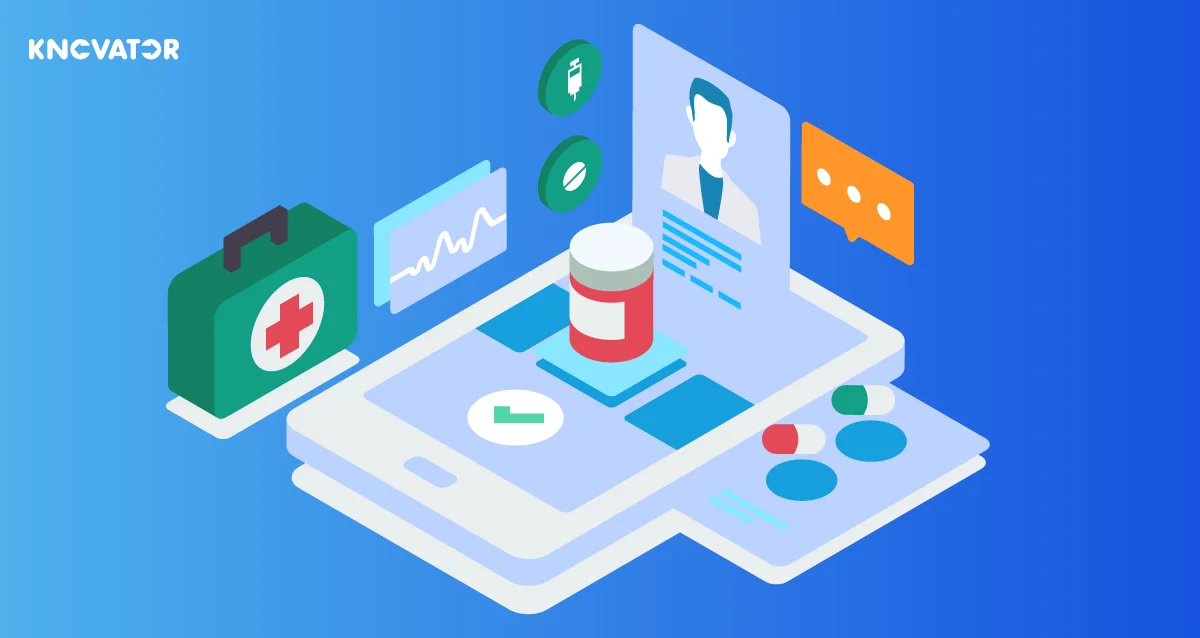 Healthcare billing software is a complex tool that consists of various modules. Each module performs a unique function and helps to streamline the billing process. Here are some of the critical modules of healthcare billing software:
Healthcare billing software is a complex tool that consists of various modules. Each module performs a unique function and helps to streamline the billing process. Here are some of the critical modules of healthcare billing software:
Patient Registration:
This module allows healthcare providers to collect and maintain essential patient information, such as name, age, gender, contact details, insurance details, and medical history. The module ensures the accuracy and completeness of patient data by using verification tools to eliminate errors or duplicates. The registration module is integrated with other modules to enable a seamless flow of information across the billing process.
Claims Management:
This module manages the claims submission and tracking process, including coding, billing, and payment processing. The module uses coding and billing rules to ensure that claims comply with regulatory standards and are accurately priced. Claims management also automates the billing and payment process, reducing the time and costs associated with manual processing.
Payment Processing:
This module automates the payment posting and reconciliation process, including recording patient and insurer payments, identifying underpayments or rejections, and managing appeals or resubmissions. The module ensures that payments are processed accurately and efficiently, reducing the risks of revenue leakage and compliance issues.
Reporting and Analytics:
This module provides healthcare providers with real-time visibility and insights into billing data, allowing them to make informed decisions and improve performance. The module generates reports and dashboards measuring key performance indicators, such as revenue, processing claims, payment trends, and rejections. The analytics feature enables users to analyze trends, patterns, and opportunities for optimization and growth.
Compliance Management:
This module ensures that healthcare providers comply with regulatory requirements, such as HIPAA, ICD-10, and CMS regulations. The module tracks and monitors compliance issues, provide alerts and notifications, and support audit trails and documentation. Compliance management reduces the risks of non-compliance and the associated penalties and reputational damage.
Why healthcare billing software is essential for medical industries?
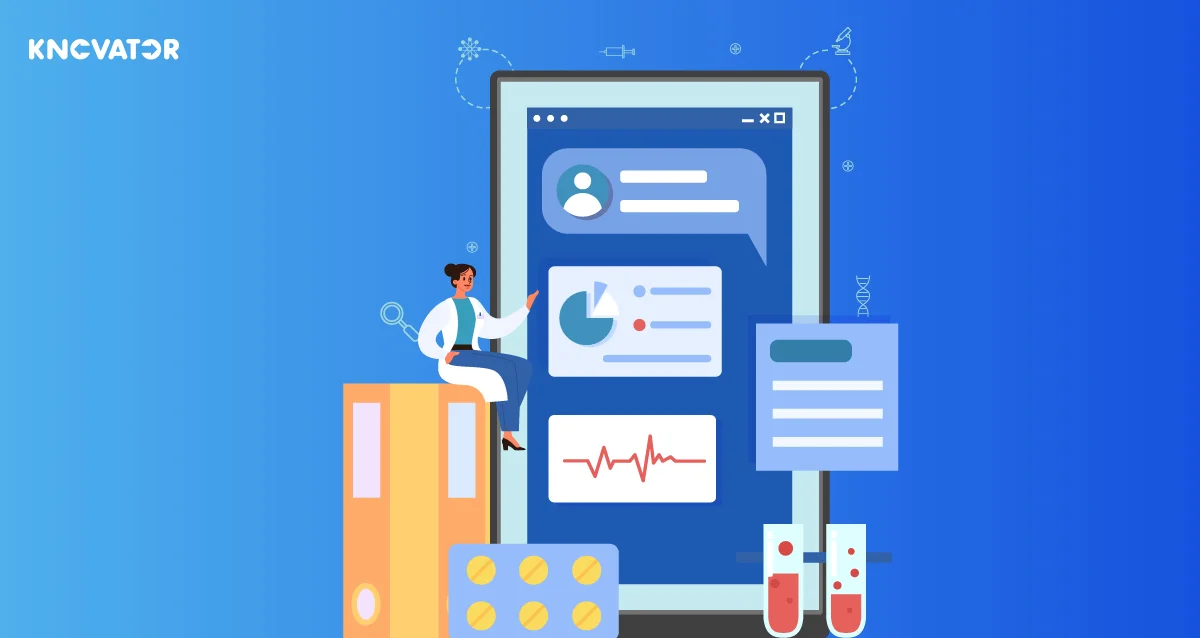
- Increased efficiency: The software automates many repetitive tasks, saving time and allowing medical staff to focus on patient care. It also provides real-time billing and payment status updates, allowing for a better financial health overview.
- Accuracy: The software eliminates human error and ensures correct billing codes and charges. This reduces the chances of denied claims and revenue loss due to under-billing. The software can also identify potential billing errors before they occur, reducing the risk of compliance issues.
- Compliance: The software ensures that medical facilities maintain compliance with state and federal regulations. The software is updated with the latest billing and coding standards, reducing the risk of audits, fines, and other compliance issues.
- Better communication: The software allows for better communication between medical facilities and insurance companies. The software can automatically submit claims and track their status, reducing the time and effort required to follow up on claims. This leads to faster payments and improved cash flow.
- Improved patient care: The software allows medical facilities to focus on providing quality patient care by streamlining the billing process and reducing errors. This leads to a more positive patient experience and improved outcomes.
Types of Healthcare Billing Software
 Healthcare billing software is an essential tool for healthcare providers that streamlines the billing process, improves medical coding accuracy, and reduces human errors. With the rise of digital technology in the healthcare industry, various types of healthcare billing software are available in the market. Each type of software is designed to meet the unique needs of healthcare providers.
Healthcare billing software is an essential tool for healthcare providers that streamlines the billing process, improves medical coding accuracy, and reduces human errors. With the rise of digital technology in the healthcare industry, various types of healthcare billing software are available in the market. Each type of software is designed to meet the unique needs of healthcare providers.
Practice Management Software:
Practice management software is an all-in-one solution that includes healthcare billing and other administrative tasks. It manages patient records, schedules appointments, sends reminders, and handles billing tasks such as claims and revenue cycle management. It is ideal for small to medium-sized healthcare practices that need a single solution for all their administrative needs.
Medical Billing Software:
Medical billing software is designed to simplify the billing process by automating tasks such as claim creation, submission, and payment posting. It helps healthcare providers to manage their billing processes, generate reports, and track payments. This software is ideal for medical billing companies, hospitals, and large medical practices.
Electronic Health Records (EHR) Software:
Electronic health records software helps healthcare providers to maintain patient records electronically. It improves patient data accuracy and security while simplifying billing and other administrative tasks. EHR software is ideal for hospitals and large healthcare practices that require a comprehensive solution for patient management, billing, and other administrative tasks.
Revenue Cycle Management Software:
Revenue cycle management software streamlines the billing process by automating claims processing, payment posting, and denial management tasks. It also helps to identify billing errors and optimize the revenue cycle. This software is ideal for hospitals and large medical practices that need to manage their revenue cycle more efficiently.
Practice Analytics Software:
Practice analytics software helps healthcare providers to measure their performance and identify areas for improvement. It provides insights into patient demographics, payer mix, revenue, and other vital metrics. This software is ideal for healthcare practices that want to track their financial performance and optimize their revenue cycle.
How to choose the best healthcare billing software?
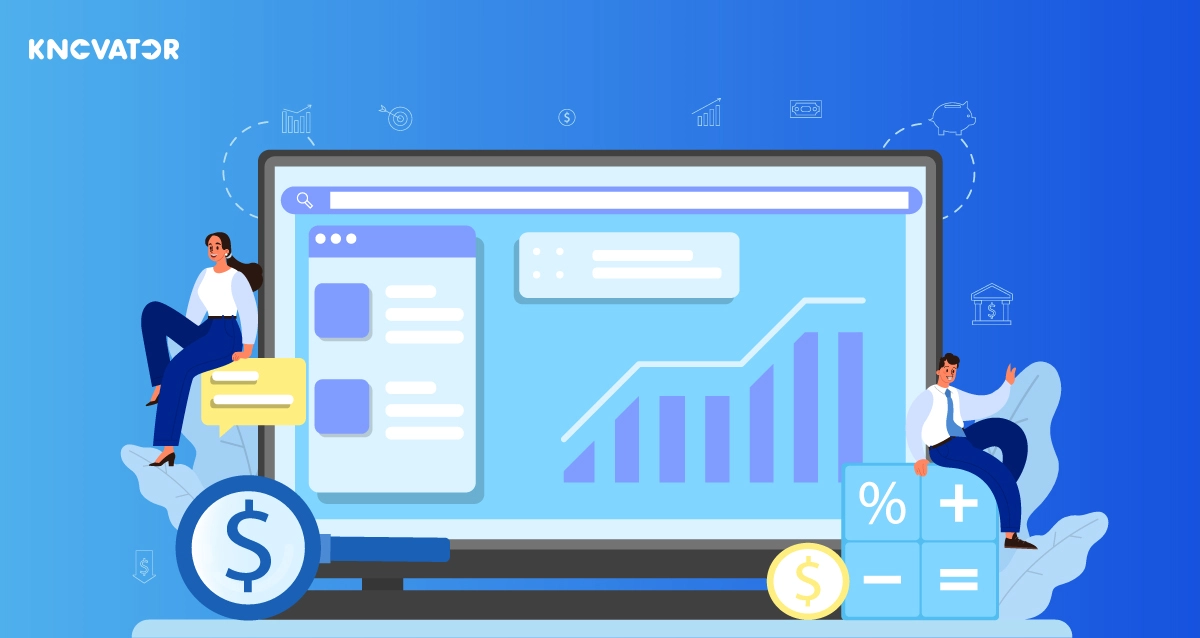 Choosing the right healthcare billing software can be a daunting task, but it is a crucial decision that can impact the overall success of your healthcare business. With so many options available in the market, choosing the one that fits your specific needs can be overwhelming. To help you make the best decision, here are some key points to keep in mind when choosing the best healthcare billing software:
Choosing the right healthcare billing software can be a daunting task, but it is a crucial decision that can impact the overall success of your healthcare business. With so many options available in the market, choosing the one that fits your specific needs can be overwhelming. To help you make the best decision, here are some key points to keep in mind when choosing the best healthcare billing software:
Functionality: The first and foremost thing to consider when choosing healthcare billing software is its functionality. The software should be equipped with features that cater to your specific business needs, such as automated billing, insurance claims processing, and patient data management.
Compatibility: It is important to choose software compatible with your existing system. Ensure that the software can integrate seamlessly with your practice management system, electronic health records (EHR) software, and other necessary tools.
User-friendliness: The software should be easy to use and navigate, with an intuitive user interface. It should not require extensive training or technical knowledge to operate.
Security: The healthcare industry deals with sensitive patient information, so it is important to choose software that ensures high-level security and privacy of patient data. Ensure that the software is compliant with industry regulations, such as HIPAA.
Customer support: The software vendor should provide reliable customer support, with easy access to technical assistance and guidance whenever needed.
Cost: Choose software that is cost-effective and fits within your budget. However, do not compromise on the quality of the software for the sake of affordability.
Customization: Healthcare billing software should be customizable to cater to your specific business needs. Look for software that can tailor the features to your unique requirements.
Considering these key points, you can make an informed decision when choosing the best healthcare billing software for your business. Remember that the right software can streamline your billing process, improve your revenue cycle management, and enhance the overall success of your healthcare business.
Wrapping up
Healthcare billing software has become an integral part of the healthcare industry. Its numerous benefits, such as increased accuracy, streamlined workflows, and reduced errors, have transformed how healthcare organizations manage their finances.
Choosing the best healthcare billing software can be daunting, but keeping in mind key factors such as scalability, ease of use, and customization can help make the process smoother. It is important to select software that caters to your organization’s specific needs.
At Knovator, we understand the importance of having the right software solutions to develop your business. Our team of experts provides healthcare billing software solutions tailored to meet your organization’s unique needs. With our innovative and efficient solutions, you can optimize your billing process and focus on delivering quality patient care.

